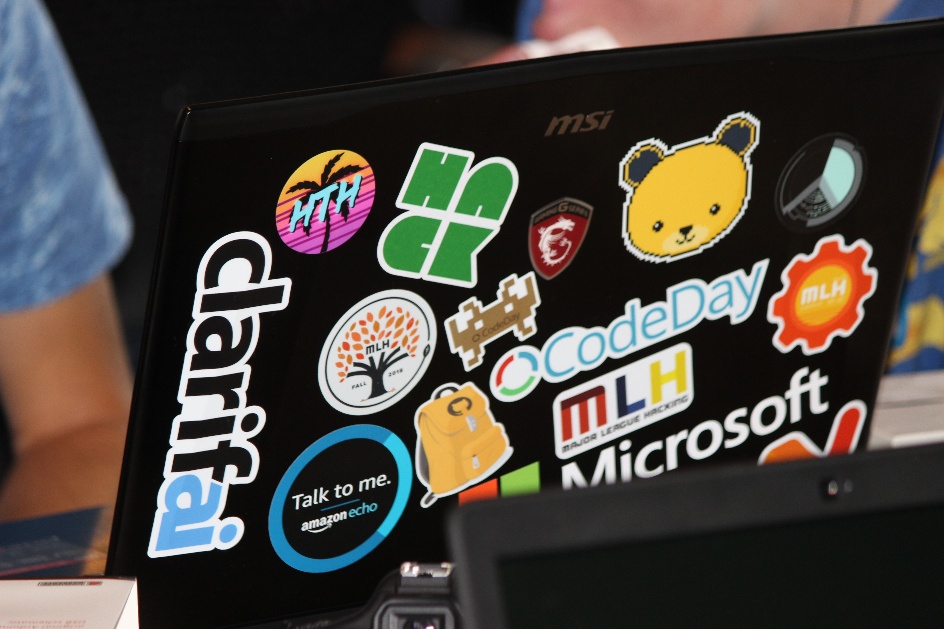Rocket Man Digital believes in encouraging young people, passionate about technology, to push the boundaries of the digital universe. So when Luke Igel, a junior at Providence Academy in Plymouth, Minnesota, approached me for a hand last month, I was eager to help.
Luke, and William Walcher, a senior at Providence, have participated in past coding “hackathons,” most attended by college students and pros. Many of the 24-hour coding events are competitive, teaming brains and ability to come up with the best app, game, device or other software project.
Recently, Luke and William came up winners at another coding event in Minneapolis. Their success inspired them to introduce the fun and collaboration of coding marathons to other interested high schoolers of all skill levels to meet, compete and support each other’s code-learning efforts. And since summer was a dry time for hackathons, they decided August was the perfect time to give it a try.
The only challenge Luke and William faced was finding a venue to host the all-night event. They already had the name, “Hack the Heat,” and impressive sponsors including Starkey and SPS Commerce. Discovering a solution, for a place to host the event, was easy. All I had to do was approach Tammy Magny, co-owner of The Commons-An Uncommon Workplace in Excelsior with the idea of opening up the space for “Hack the Heat.” Luke and William handled the rest.
The pair demonstrated fantastic leadership beyond their years. They made t-shirts for every attendee, created swag bags with tons of cool stuff and welcomed 32 eager coders for the all-night event. They also encouraged students to donate gently-used clothing to the event to support metastatic breast cancer research at the University of Minnesota.

What did it take to pull it off?
- Parents to chaperone and provide food and clean up when needed
- Student volunteers to help stuff swag bags and arrange the venue before doors opened at noon, August 20
- Mentors from The Iron Yard, volunteering to share their deep coding knowledge
- Cases of Coke, Arnie Palmers, Pop-Tarts, Doritos and, oh yeah, fruit.
Their agenda was packed from the start.
- Students formed teams and had just 60 minutes to come up with an idea and pitch to the group.
- Coding workshops for new comers, collaboration time with hackathon vets.
- At midnight, a Q&A with a software programmer from Perth Australia, who called in via Skype. “Cultivate that love or learning ’cause it will help you down the road,” he said.
- A few hours of shut-eye for those who had time, more coding for those feeling the crunch of the Sunday noon deadline.
Twenty-two hours later, a panel of judges arrived to evaluate the projects made by groups attending the event. Parents and siblings packed The Commons to see the final presentation of projects. Awards were handed out for best app, best game and best overall project.

Here’s a sampling of what was developed:
- A Twitter analyzer, which emulates tweets from any source after reviewing 200 tweets. And, it could morph tweets together, as demonstrated by a crowd-favorite demo morphing Trump/Hilary tweets.
- An eye and motion tracker, utilizing similar technology found in autopilot automobiles
- A device programmed to turn on lights and raise blinds at designated times, to help students wake up
- A “Quiz Bowl” question generator, allowing students to practice test questions for competition
- A variety of video games developed using the latest multiplayer technology
As a first-time hackathon mentor myself, I had a chance to see the young talent that is nipping at our digital heals. Their passion, dedication, talents and depth of coding knowledge blew me away.
Who thinks like that? It has to be in their genetic code!
